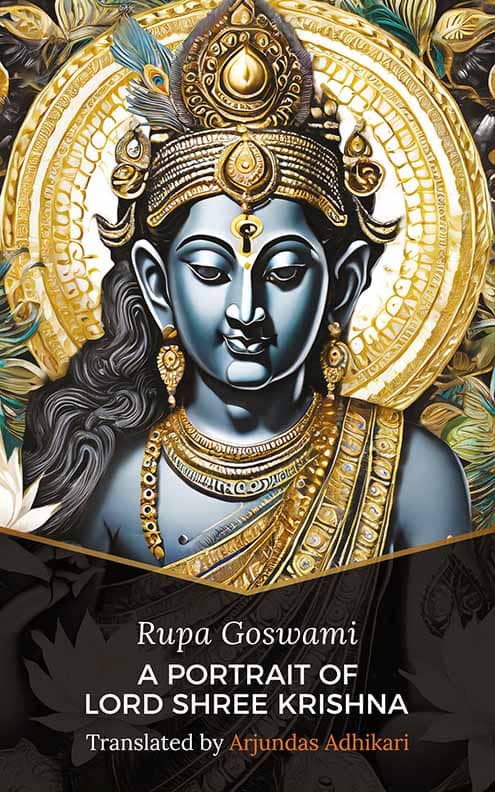
One might question whether the prevalence of Sanskrit words incorporated over time by the majority of the world’s languages indicates a greater global influence of the Sanskrit speaking culture of antiquity than that which is supposed. The frequency of Sanskrit words turning up in most European languages is an etymological curiosity that might well prompt the raising of such a query.
If, hypothetically, it is the case that the Sanskrit speaking/Vedic culture of antiquity did have a truly global influence, what made it tick? It was certainly a developed culture – Vedic culture has a wealth of arts and sciences, from great literary works like the Ramayan and Mahabharata, to treatises on maths, logic, astronomy, medicine etc, etc. And drama. Did I mention the treatise on drama? I think I did a while back – the Natyashastra.
I propose that it may be worth revisiting what the Vedic culture has to offer to evaluate what it was about it that so influenced the world. Where better place to start than Rupa Goswami’s great spiritual drama, Vidagdha Madhava – a work that takes one directly to the spiritual heart of this unique culture of yore? All the better if you can read Sanskrit, but if not, there is my (Arjundas Adhikari’s) English translation of Rupa Goswami’s Vidagdha Madhava – A Portrait of Lord Shree Krishna, which is easy enough to read.
Below I present a section of one famous Indian scholar’s list of English words that can be traced to Sanskrit roots. P.N. Oak’s stipulations are not altogether mainstream, but they are well-researched, informed, and give much food for thought, plus he himself was well-versed in Sanskrit. In previous blogs I have put forward that the orientalists of the 19th century may have had a questionable agenda in their researches because they were invariably linked with the objectives of colonial rule. Today’s pundits within departments of oriental studies still lecture on Vedic history/culture in accordance with the findings of the orientalists of the 19th century. P.N. Oak’s theories may not have full-on academic currency, but they are in the main very plausible .
So, for example, here are a few English words, along with the Sanskrit equivalents from which they are derived, recognised by P.N. Oak and other professors of philology, linguistics and etymology:
(English) Ahoy! / (Sanskrit) Aho; Daughter / Duhitri; Mankind / Manava; Name / Nama; Synonym / Sama-nama; Rage / Raag; Supreme / Su-param; Cruel / Krura; Mad / Mada; Murder / Murdhna; You / Yuyam; Sport / Sphardas; Camel / Kramela; Serpent / Sarpa; Canto / Kandha; Interior / Antara; Nose / Naas; Door / Dwar; That / Tat; Urge / Urjita; Supple / Chapal; Heart / Hrid; Preacher / Prachaar; Ardour / Adara; End / Anta; Madeira / Madira; Night / Nakta; Pedestal / Paad-sthal; Lazy / Alassa; Mind / Manas; Ignite / Agni (fire); Sweat / Svetta; Serenade / Svarnaad (lit. ‘the sound of music’).
Vedic Heritage, PN Oak
Par example!
Arjundas Adhikari

